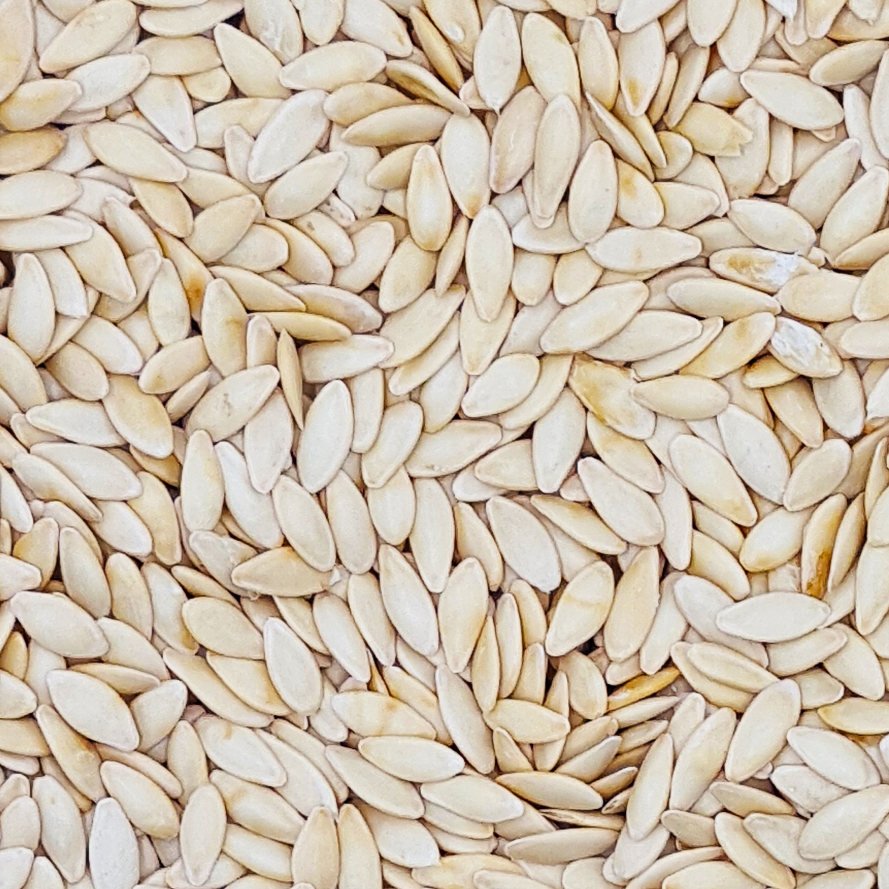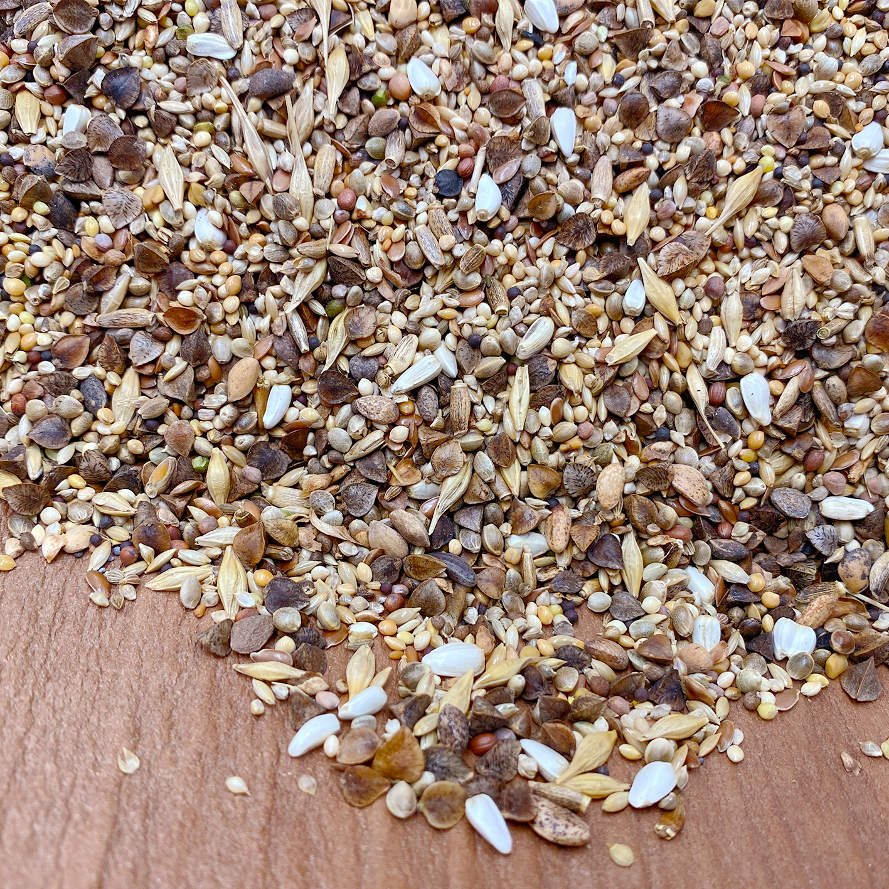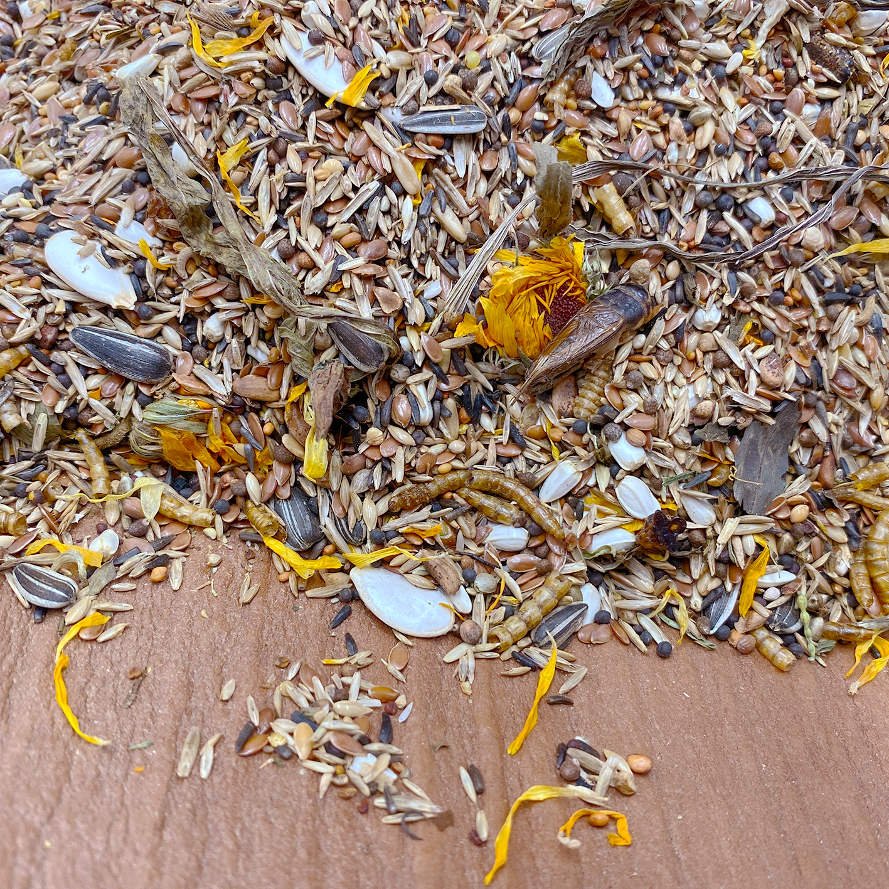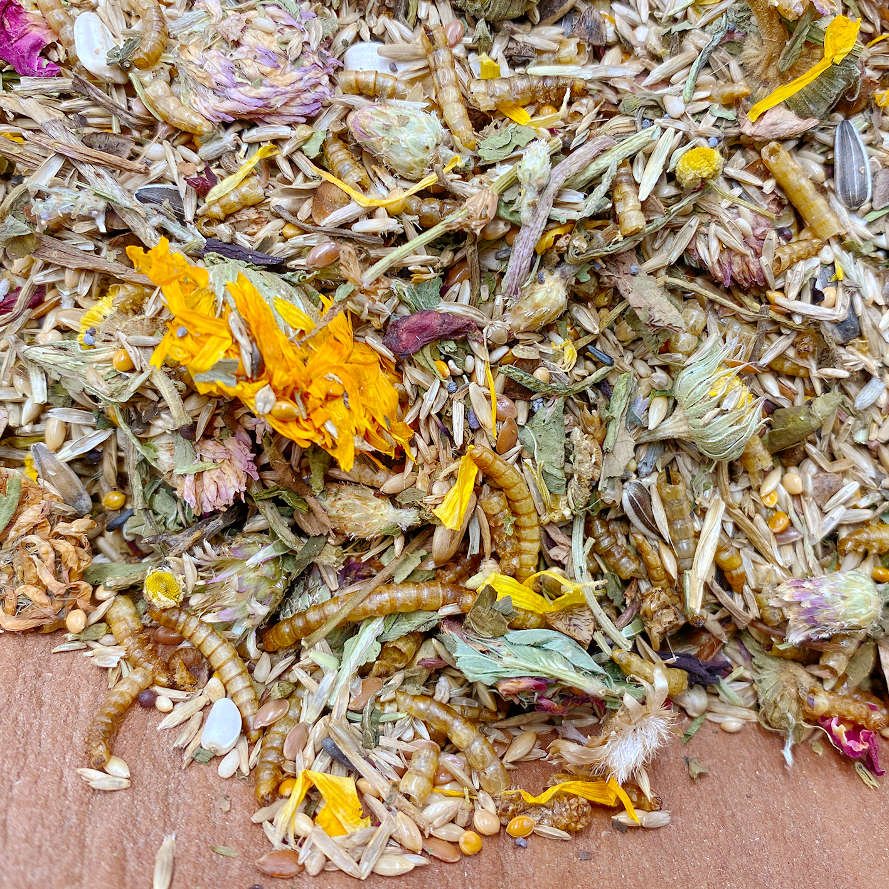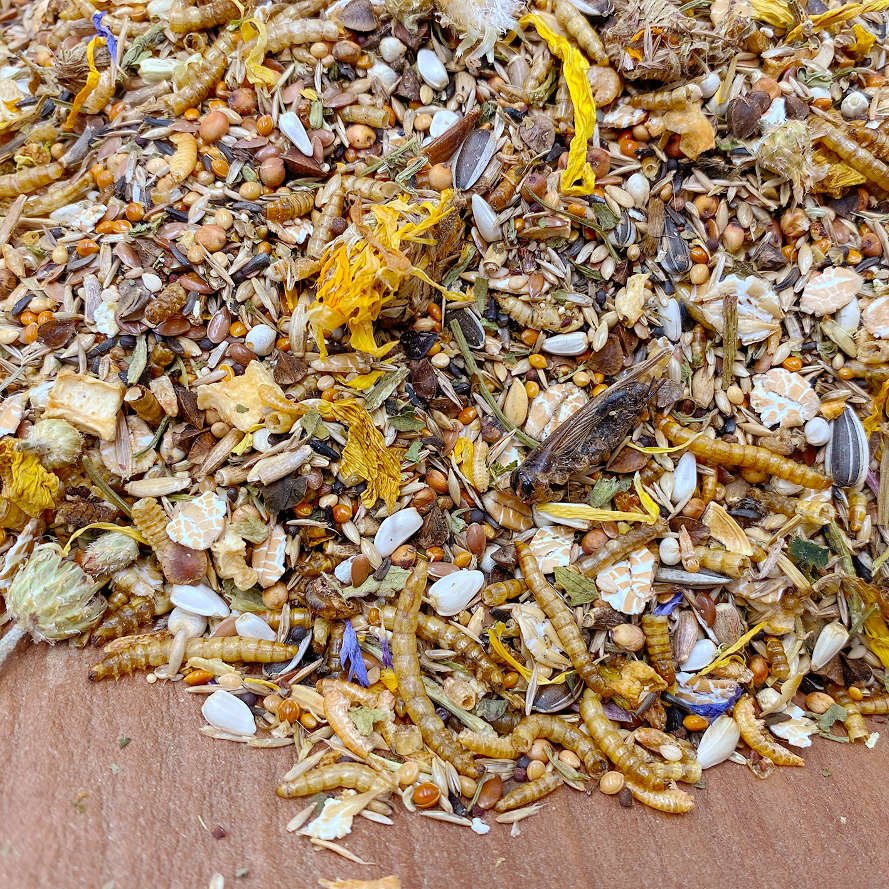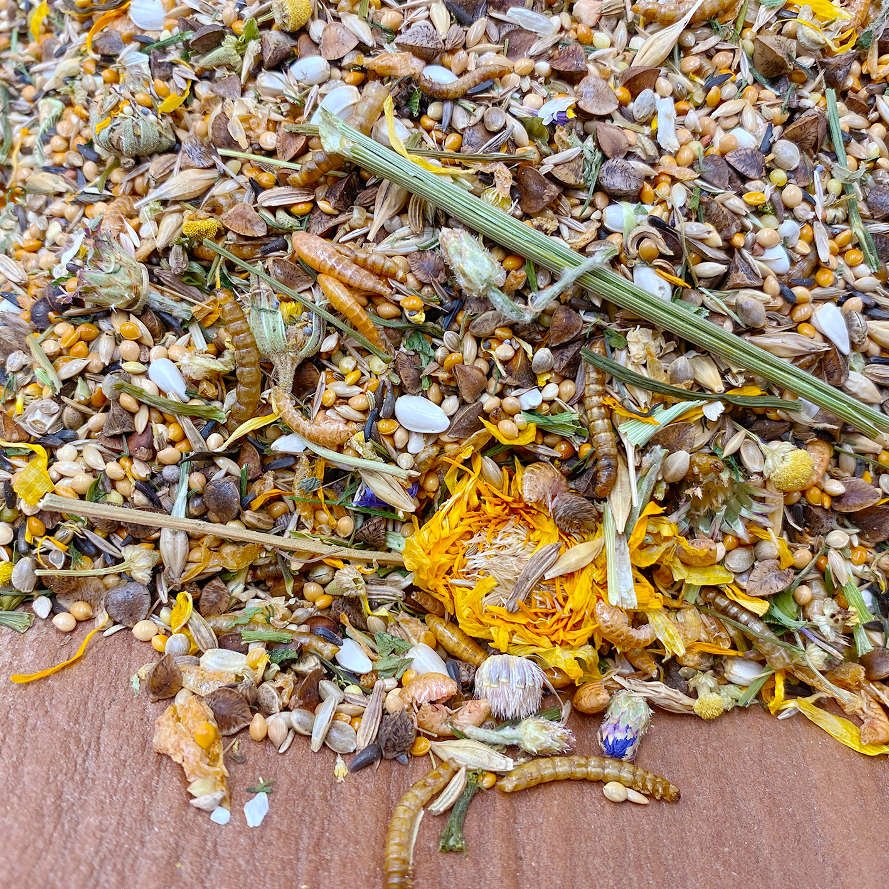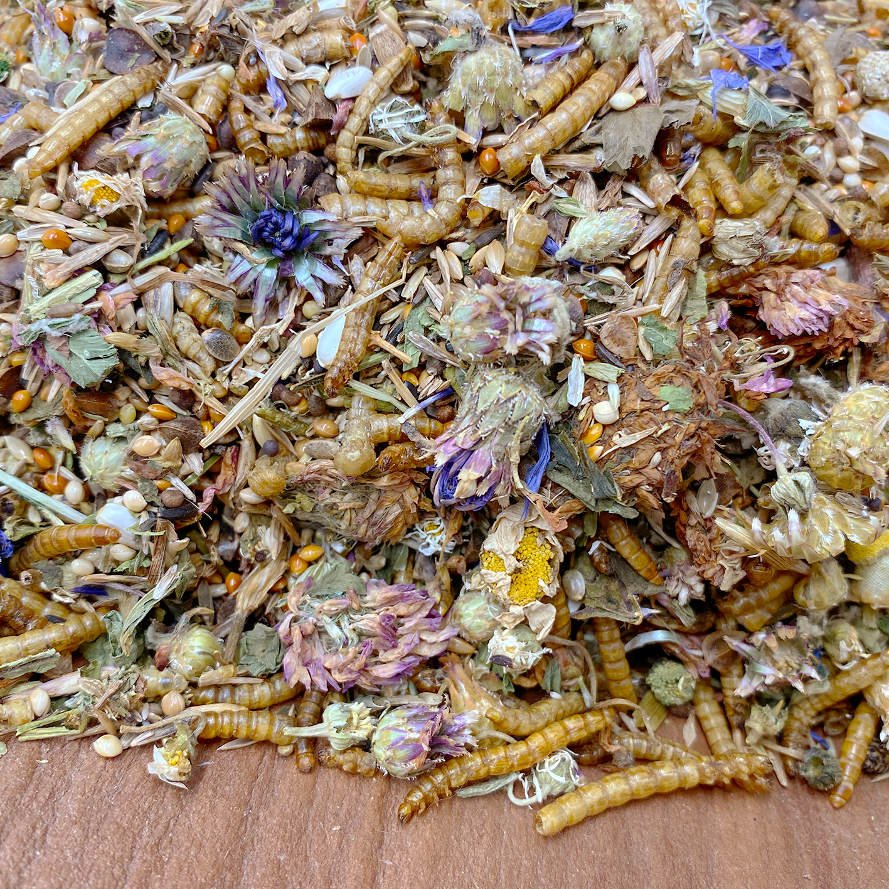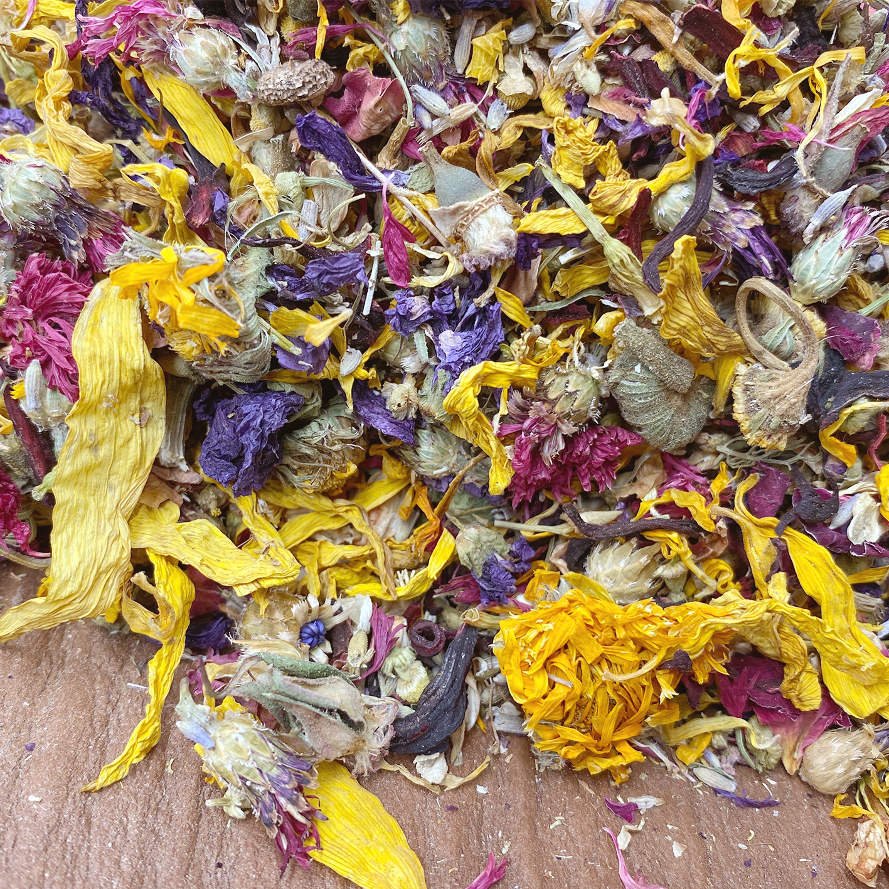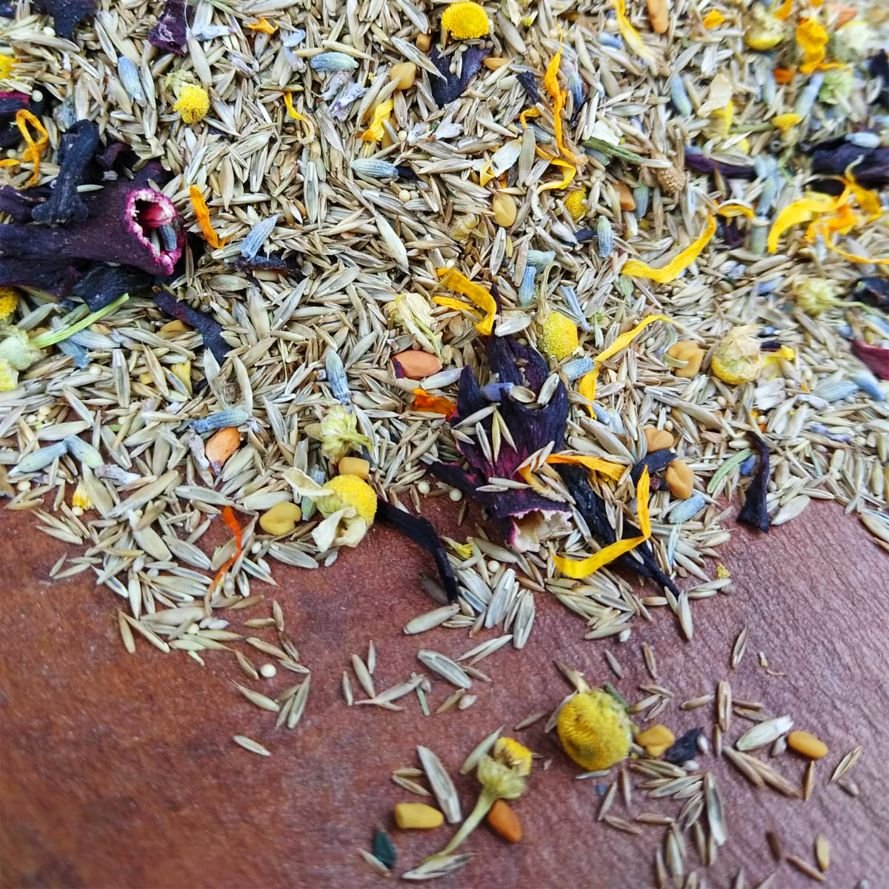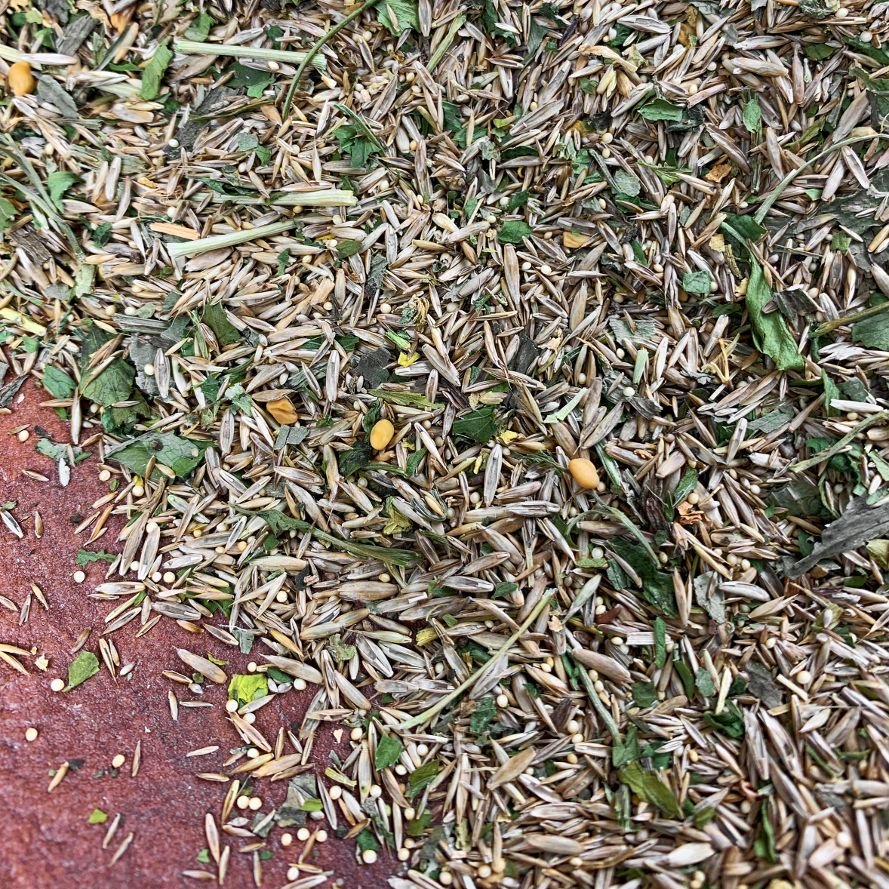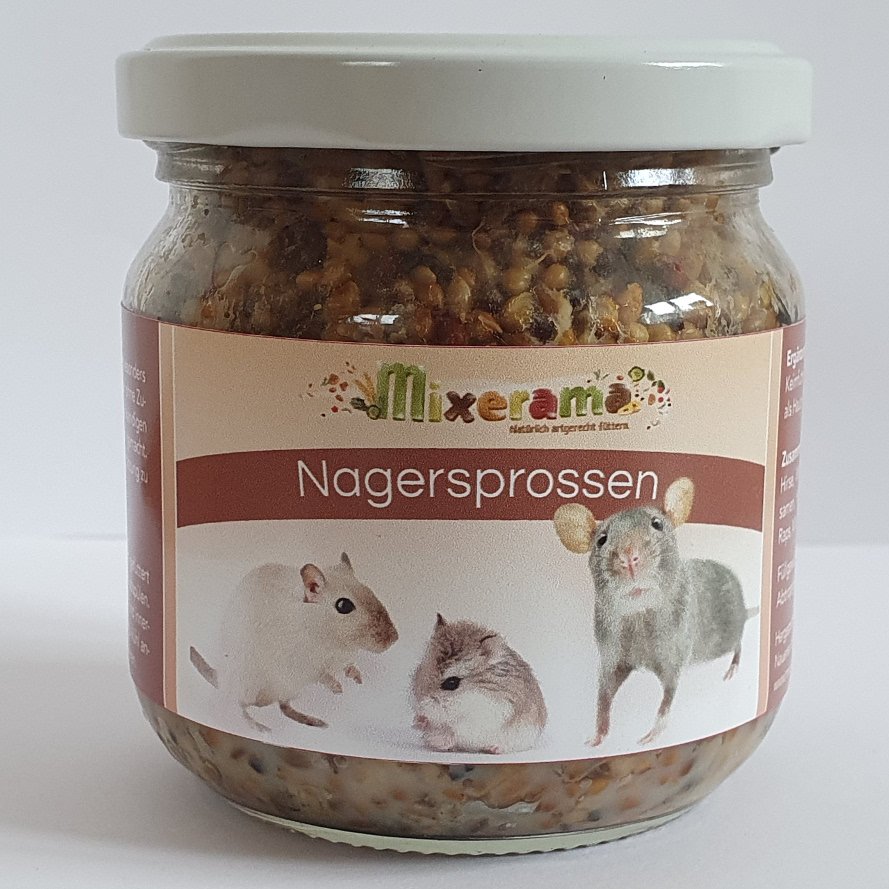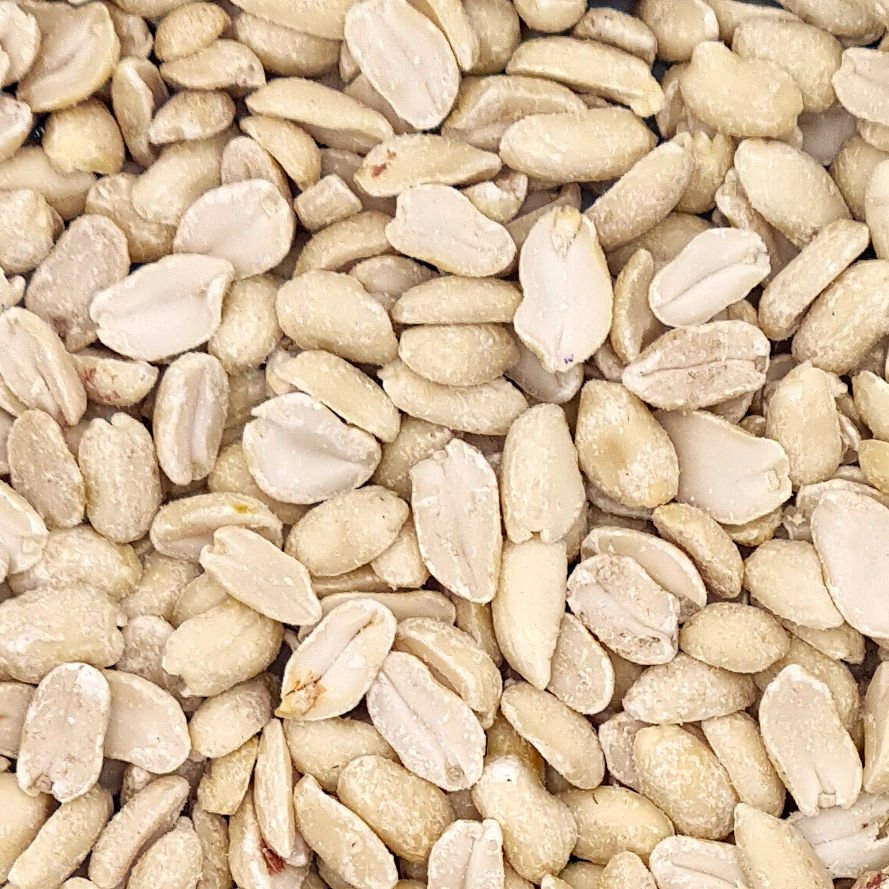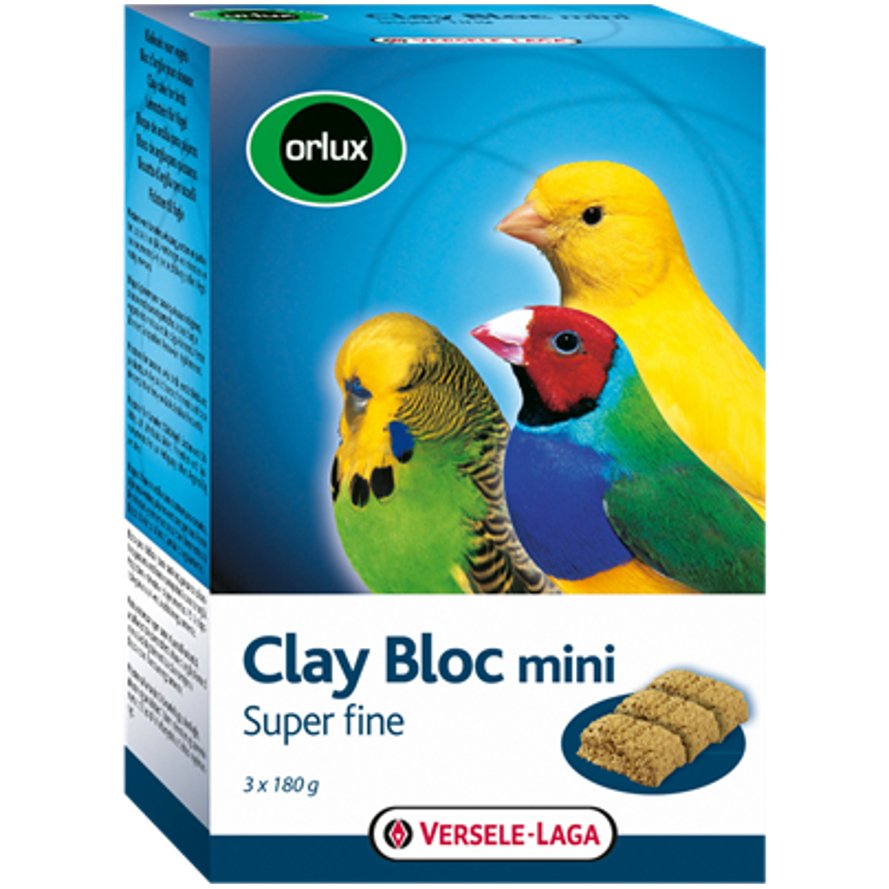
Species-appropriate food mixes for dwarf hamsters
Welcome to our online store for the species-appropriate nutrition of dwarf hamsters! You want to buy a dwarf hamster, but you don't know much about it? Then you are exactly right with us. Here you will find healthy dwarf hamster food, which is specially adapted to the needs of Dsungarian -, Campbell -, or hybrid dwarf hamsters. Our carefully manufactured food mixtures offer a varied and species-appropriate diet to promote the health and well-being of your dwarf hamsters.- Base mix according to the kipi concept
- 70:30 ratio of flour to oilseeds
Content: 0.5 kg (€9.00* / 1 kg )
- grain-free staple feed for Campbells
- Dietary feed for diabetes or obesity
Content: 0.5 kg (€13.00* / 1 kg )
- improved recipe of Clamazis Campbell Mix
- main feed with high-quality oilseeds
Content: 0.5 kg (€13.00* / 1 kg )
- improved recipe of Hosannah's Dsungaren menu
- low in fructose, because WITHOUT fruit and berries
Content: 0.5 kg (€13.00* / 1 kg )
- staple feed for Campbells, Dsungars and hybrids
- with pseudocereals, flowers and herbs
Content: 0.5 kg (€13.00* / 1 kg )
- improved recipe of Nessa's Roborowski mix
- WITHOUT fatty nuts and seeds
Content: 0.5 kg (€13.00* / 1 kg )
- With 9 different flowers from natural medicine
- Flowers can also be used for tea
Content: 0.1 kg (€45.00* / 1 kg )
- improved recipe of grass and flower supplement
- 5 varieties of grass seed and 4 varieties of flowers
Content: 0.5 kg (€19.00* / 1 kg )
- 6 different grass seed varieties with fine herbs
- millet and grain-free
Content: 0.5 kg (€19.00* / 1 kg )
- ready-to-use sprouted food for hamsters, mice and rats
- Important nutrients, minerals and vitamins
Content: 210 Milliliter (€2.62* / 100 Milliliter )
Darüber freut sich dein Liebling...
Introduction to the dwarf hamster
History of the dwarf hamster
Dwarf hamster diet and care
Dwarf hamster enclosure setup
Use a variety of employment and climbing opportunities to promote their physical and mental health. Hamsters are nocturnal animals, so they need a quiet and dark hiding place to sleep during the day. There also needs to be plenty of opportunity to move around with a species appropriate running wheel. Please pay attention to a large diameter, so that your hamster can run back-friendly.

